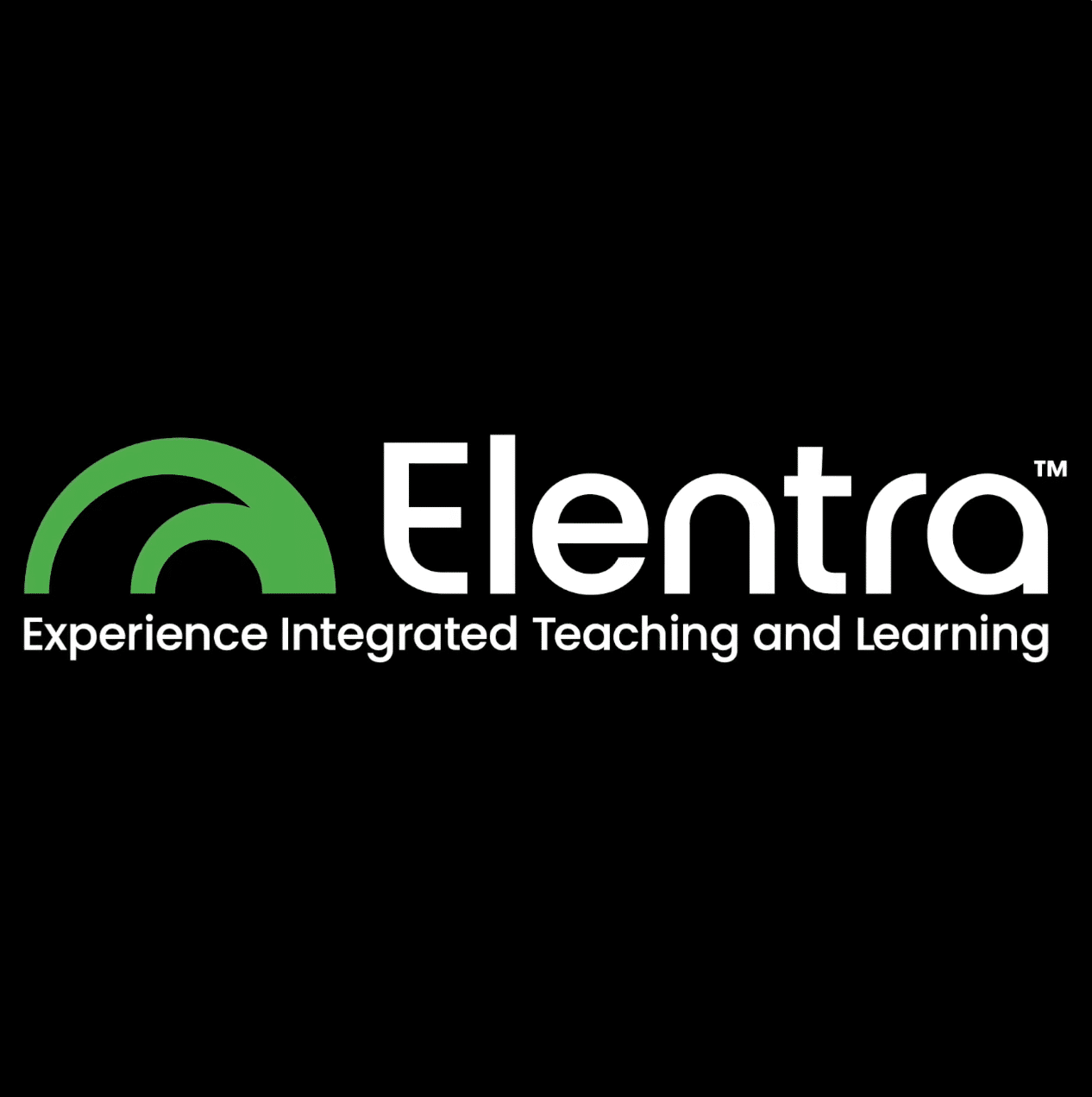Elentra is a world leader in supporting competency-based education
November 22, 2021
Competency Based Education is a hot topic for professional education of all kinds, says Dr. Jodi Herold, Elentra’s Senior Implementation Lead. Understandably, given it’s a successful way of assessing the competencies and skills required to perform a professional job in a safe, efficient, and effective manner. But CBE is particularly meaningful to health professionals, where the stakes are high.
“Once you’re past the point where you’re in the lab practicing on bench models, fellow students or actors it’s about patient safety,” says Jodi. “And when we say patients, we don’t just mean humans! It also applies to veterinary medicine, where trainees move from simulation to working with real live bodies too.”
CBE is about having the competencies required to work independently with those “real live bodies.” It’s also about entrustment, when a supervisor has to ask themselves, “Do I trust this person to safely treat my patients when I’m not directly observing them under close contact?”
Jodi, a psychometrician with a PhD in Educational Assessment, Testing, and Measurement (focussing on competence assessment of health professionals) has lived this firsthand. As a physiotherapist she had to decide when her students were ready to go it alone, and she’s worked in a wide range of health care settings, from intensive care units to rehab units to outpatient clinics in the community.
“My role at Elentra is to translate the everyday reality of workplace-based assessment in a clinical environment for the software development team,” she says.
The strength of the Elentra platform is in how it incorporates fundamental aspects of measurement theory into the need for multiple samplings of trainees’ behaviours and skills. In other words, it’s not the old days when a resident in a general surgery program would do three-month stints in various departments, evaluated at the end of each one. Those evaluations were based on “recall and vividness factors,” which might mean a single vivid event would get more weight than a bunch of less interesting ones. This allowed for biases, including the “social desirability factor.”
CBE, on the other hand, is fair, given its focus on multiple snapshots of a student’s work. It’s also extremely pragmatic, concentrating on skills required — not necessarily the same thing as knowledge required. Where Elentra takes the CBE model a step farther, says Jodi, is in its dynamic approach. It provides a suite of features designed to meet the core needs of all health care professionals while still being customizable — by the user.
“Whether it’s a vet school in the U.S. or a nursing school in Australia, each with their own accrediting and oversight bodies, Elentra is able to recognize similarities but also articulate content in a way that is specific to their needs — without a developer being involved. That’s why people come to Elentra, because we put the capacity to customize into the users’ hands.”